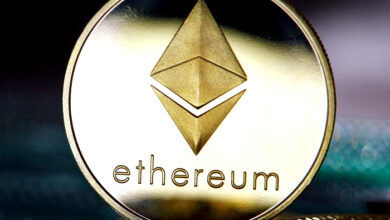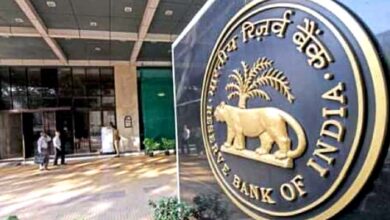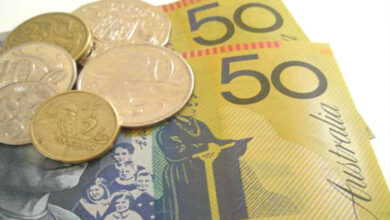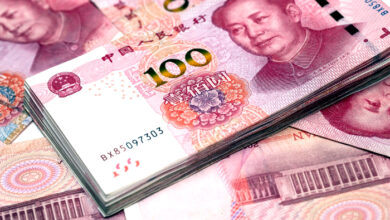A hawkish RBA helps the Aussie, but fears about sanctions hurt the euro.
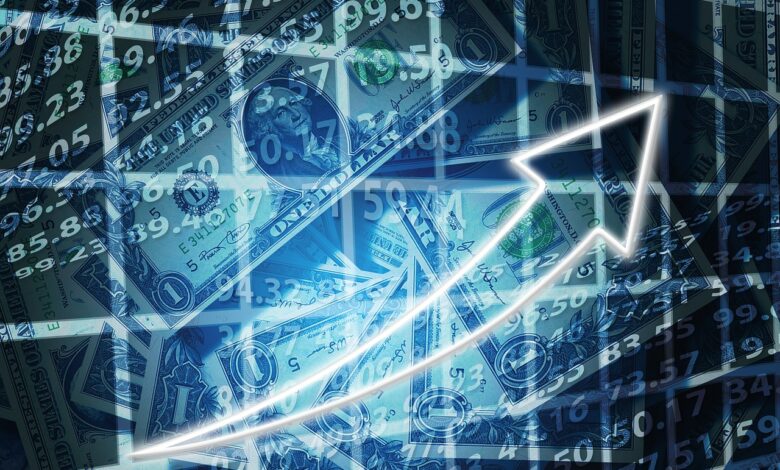
TOKYO/LONDON – Australia’s central bank said that higher interest rates were coming soon. The euro stayed at a one-week low because there was a chance that Russia would get even more penalties.
The Australian dollar rose 1.23 percent to $0.7639, its highest level since June 14, after the Reserve Bank of Australia (RBA) said it would not be “patient” with policy changes while keeping the key rate at a record low for the time being.
“The RBA removed the ‘patience’ narrative from its forward guidance for hiking, which suggests the RBA will hike in the coming months,” most likely in June, according to Joseph Capurso, a strategist at Commonwealth Bank of Australia (OTC: CMWAY).
In the last session, the euro fell to a low of $1.0960 for the first time since March 28. It rose 0.06 percent to $1.0972 this time.
It had only days earlier achieved a one-month high of $1.1185 on heightened confidence about a resolution to the Ukraine war.
“At the moment, the euro’s performance is very dependent on the substance of any sanctions the EU seems to be considering imposing on Russia; the more significant the consequences for the energy market, the greater the effect on the euro,“ ING analysts said in a morning note to clients.
“Details of any fresh penalties may not be disclosed until tomorrow, and we expect the euro to be unable to recoup from yesterday’s swings unless the measures prove to be more moderate than anticipated,” they said.
The US and European Union committed Monday to punishing Moscow for civilian deaths in northern Ukraine, where a mass grave and the bound remains of individuals shot at close range were discovered in a town recaptured by Russian troops.
New penalties might include limits on Europe’s continued purchases of billions of euros’ worth of energy from Russia. The Kremlin has dismissed allegations of civilian murder.
From an overnight high of 99.083, the dollar index fell 0.07 percent to 98.902.
The dollar was unchanged against the yen at 122.73 yen, mostly following changes in long-term U.S. Treasury rates, as it held around 122.5 after hitting a multi-year high of 125.105 on March 28.
Bank of Japan Governor Haruhiko Kuroda added to the pressure on the currency pair, stating that the recent rate of appreciation has been “rather quick” and that officials are monitoring developments “seriously.”

